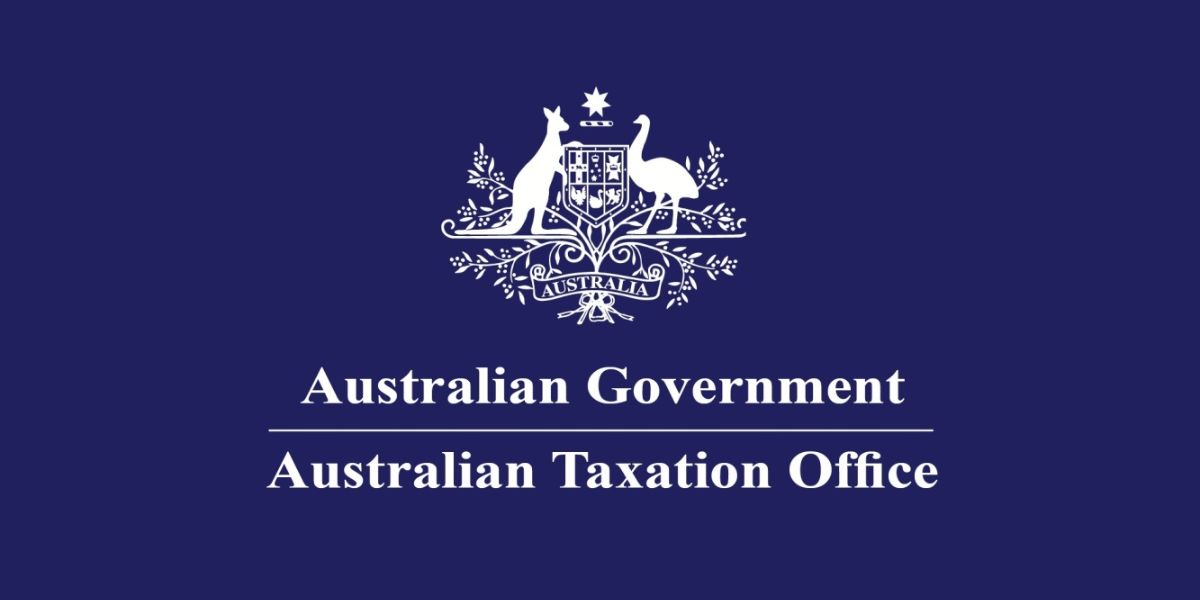The Australian Taxation Office (ATO) released the Law Companion Ruling (LCR) 2024/1 – The Corporate Collective Investment Vehicle Regime on 2 October 2024.
Effective from 1 July 2022, this Ruling is about amendments made to the taxation law to specify the tax treatment for corporate collective investment vehicles (CCIVs). The amendments were enacted by the Corporate Collective Investment Vehicle Framework and Other Measures Act 2022 (the CCIV legislation).
A CCIV is a new type of company limited by shares that is available for funds management. From a regulatory perspective, a CCIV is a registered company with all its assets and liabilities segregated into ‘sub-funds’ and is operated by a single corporate director.
However, the tax framework treats each CCIV sub-fund as a separate tax entity that is a trust. The general intent is to align the tax outcomes of CCIVs and their investors with the existing treatment of investors in attribution managed investment trusts (AMITs). The general trust taxation rules apply to CCIVs, subject to some modifications, where it does not qualify for the AMIT regime.
This Ruling:
- outlines the operation of the CCIV regime;
- explains the deeming principle and its effect on the tax treatment of a CCIV, a CCIV sub-fund trust and investors, and;
- provides views on specific tax interpretative issues.
Additional guidance on the CCIV tax framework may be provided as new interpretive issues emerge.
Overview of the regulatory regime
A CCIV is a legal form company that is required to be limited by shares.
A company may be registered as a CCIV if it meets certain registration requirements, including:
- it is required to have a public company as its sole director which conducts the affairs of the CCIV;
- it must have a constitution, and;
- on registration, it will have at least one sub-fund, and each sub-fund must have at least one member.
- An existing company cannot register as a CCIV.















